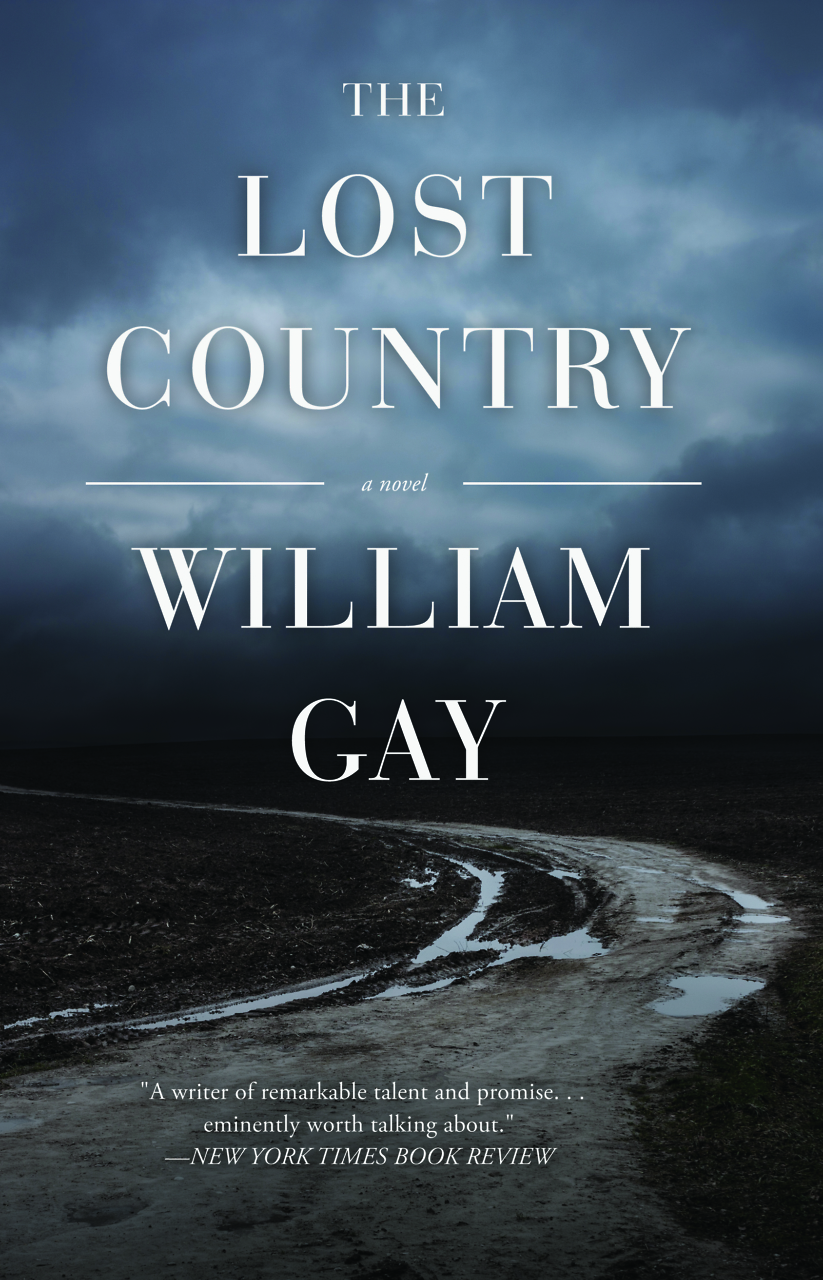Like a Tree Wrapped in Barbed Wire
A woman reckons with the past in Polly Stewart’s The Good Ones
Polly Stewart’s The Good Ones is a Southern Gothic page-turner that’s as thoughtful as it is suspenseful. The novel centers on 36-year-old Nicola Bennett who, upon her mother’s death, returns to her Blue Ridge hometown of Tyndall, where her childhood friend Lauren Ballard tragically disappeared 20 years ago. Stewart deftly shifts the story between past and present, weaving timeless themes such as the thin line separating admiration and envy in close friendships and the experience of coming of age as a Southern woman.

Since leaving the state to pursue a graduate degree at Yale and come into her own as an independent woman, Nicola has never quite secured the sense of freedom that she grew up envying in Lauren, who seemingly thrived on being the small-town golden girl. While Nicola intends to return home only for a short time to renovate and sell her mother’s house, the mystery of Lauren’s disappearance begins to haunt her anew. When Nicola takes a substitute teaching job at the local high school, it’s only a matter of time before she re-immerses herself in her own high school memories and rekindles relationships with a slew of complex characters she thought she knew well.
She begins to spend time with the handsome Ballard brothers: Sean, an old flame who currently works as the principal of the school where she teaches, and Warren, Lauren’s husband and now the single parent to their daughter, Mabry. While these relationships are purely surface-level at first — Warren helping her sell her mother’s house and Sean merely her boss — they don’t stand a chance of remaining casual for very long as Nicola investigates their collective past. As she begins to date Warren, she can’t stop imagining what Lauren might think: “Neither [Warren nor I] had the life we’d planned for, and now here we were, two middle-aged people stuck in their hometown with nothing to look forward to but more of the same. Would it really be so terrible if we offered each other some kind of comfort? When I closed my eyes, Lauren’s face swam before me, looking just like her picture on the Missing poster, photoshopped to plastic perfection.” The further Nicola ventures into attempting a restart, the more Lauren’s memory calls to her.
 Along with the romantic drama involving the Ballard men are the more nuanced and arguably more significant relationships Nicola returns to with women in her town. Among them are her high school best friend Jessi Westcott, with whom she had a brief queer dynamic; Mabry, who is now Nicola’s student; and Lauren’s mother Susan, who used to be close to Nicola’s mother before a sudden falling out.
Along with the romantic drama involving the Ballard men are the more nuanced and arguably more significant relationships Nicola returns to with women in her town. Among them are her high school best friend Jessi Westcott, with whom she had a brief queer dynamic; Mabry, who is now Nicola’s student; and Lauren’s mother Susan, who used to be close to Nicola’s mother before a sudden falling out.
Nicola is bewildered by Susan and unsure of how to interact with her after their mutual losses, noting that Susan “didn’t have the soft and conciliatory manner of Southern women, who could cut you off at the knees and smile when they did it, and she’d never behaved the way people expected a grieving mother to behave.” Stewart uses each of these connections between women to illustrate poignant points about the high expectations Southern women perpetuate and inevitably fail to meet.
Stewart crafts Nicola’s conflicted voice with a striking duality, torn between a past she never fully processed and a future that requires a strong sense of self she can’t seem to locate: “Back home in Tyndall, I couldn’t avoid the fact that I’d been shaped by the loss of Lauren more than I cared to admit. What choice did you have, after all, when the person who had stood at the center of your sense of self wasn’t there anymore? You grew around that damage like a tree wrapped in barbed wire.”
In this haunting crime novel, even the smallest details are steeped in Southern Gothic beauty. The Good Ones is not content merely to thrill, but asks the reader probing questions about womanhood that will linger long after its startling twist of an ending.

Lauren Turner is a writer and musician (Lou Turner, Styrofoam Winos) in Nashville. She is an M.F.A. candidate in poetry at Randolph College and the author of Shape Note Singing, her debut chapbook from Vegetarian Alcoholic Press. Turner’s latest record, “Microcosmos,” has been featured in Uncut Magazine, Pitchfork, and on NPR’s All Songs Considered.


